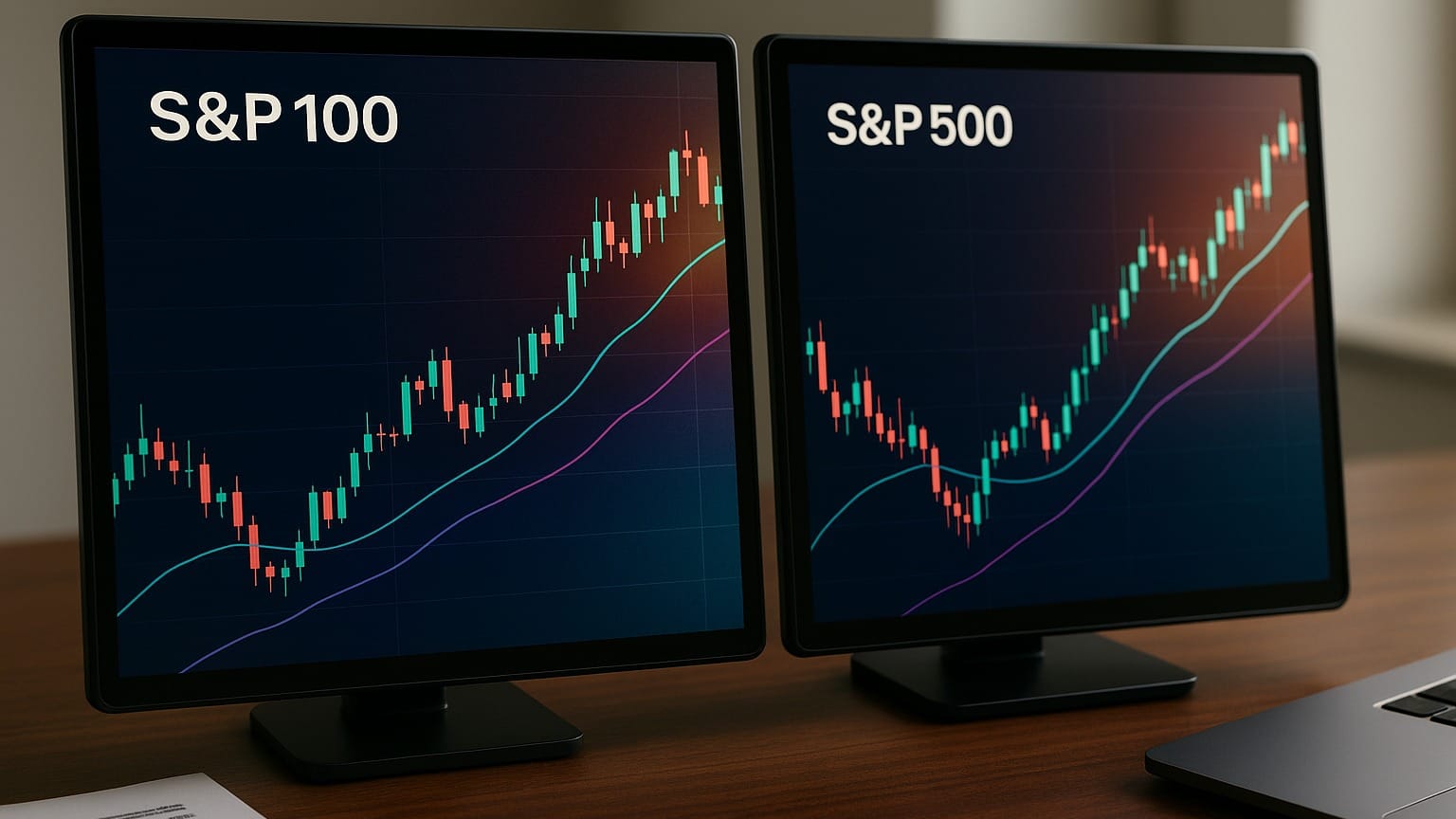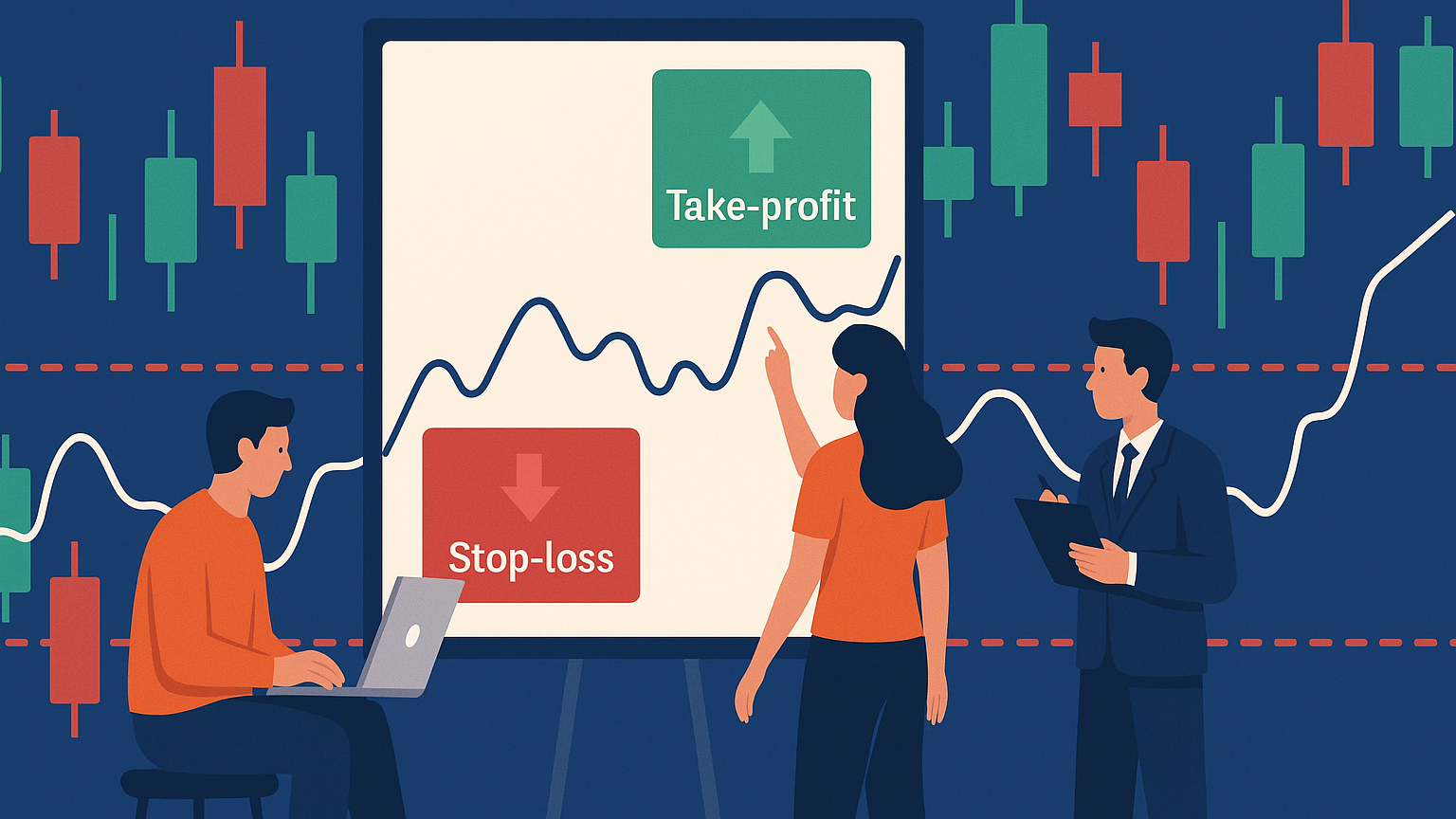Learn effective strategies to boost your trading confidence through preparation, emotional control, and the right tools.
Struggling with confidence in trading? Building confidence is key to making better decisions and staying consistent in unpredictable markets. Here's how you can improve:
- Prepare and Plan: Create clear strategies with defined entry/exit points and risk limits.
- Control Emotions: Use mindfulness, keep a trade journal, and stick to stop-loss rules.
- Learn from Past Trades: Analyze patterns in your trading history to identify strengths and weaknesses.
- Use Tools: Platforms like LuxAlgo provide data-driven insights to validate your decisions.
- Join a Community: Engage with other traders for support and shared learning.
Confidence grows through preparation, discipline, and leveraging the right tools. Stay consistent and avoid overconfidence by regularly reviewing your strategies and emotions.
The Importance of Confidence in Trading
Confidence in trading isn’t just about feeling good - it’s a critical factor that shapes your decisions and influences your overall success in the market.
Why Confidence Matters
"Self-confidence is perhaps the most important of all the qualities you will need in order to become a successful trader." - CME Group [2]
Confidence acts as the foundation for disciplined trading. It helps you stick to your strategy, avoid impulsive moves, and trust your analysis even when markets are unpredictable. When you're confident, you’re more likely to perform consistently, no matter the market conditions.
Here’s how confidence impacts trading behavior:
| Aspect | With Confidence | Without Confidence |
|---|---|---|
| Decision Execution | Systematic, based on data | Impulsive, prone to doubt |
| Risk and Analysis | Consistent position sizes, clear focus | Erratic sizing, unclear focus |
| Market Entry Timing | Decisive and timely | Hesitant or overly cautious |
| Trade Adjustments | Based on analysis and set rules | Reactive to emotions |
Common Confidence Challenges
Traders often face hurdles like self-doubt (second-guessing decisions despite following a strategy), emotional trading (letting fear or greed take over), and analysis paralysis (overthinking without taking action).
To tackle these issues, many traders turn to data-driven platforms like LuxAlgo. Tools like these provide validation for strategies, helping reduce emotional reliance and build what’s known as evidence-based confidence. This kind of confidence stems from facts and analysis, not gut feelings.
The goal isn’t to eliminate doubt entirely - it’s about creating a structured approach to decision-making by blending emotional control techniques with reliable analytical tools.
Building a Solid Base for Confidence
Preparation and Planning
Confidence in trading starts with careful preparation and a clear plan. This includes defining entry and exit points, position sizes, and risk limits. Tools like those from LuxAlgo can help sharpen your analysis and confirm setups, making you less dependent on emotions.
Here's how preparation can strengthen your confidence:
| Element | Purpose | Impact on Confidence |
|---|---|---|
| Market Analysis & Risk Management | Identifies trends, sets risk boundaries, validates setups | Lowers uncertainty, curbs overtrading |
Emotional Control Techniques
Emotional control complements preparation by ensuring steady trading decisions. Keeping emotions in check reduces impulsive trades and sharpens focus.
"Trading with emotions could lead to cognitive biases, impulsive decision-making, and loss aversion, all of which can adversely affect trading performance." - Capital.com [1]
Ways to manage emotions effectively:
- Practice mindfulness and maintain consistent trading hours.
- Journal trades, noting technical details and emotions.
- Set stop-loss levels in advance to limit potential losses.
- Review your decisions with objective analysis using technical indicators.
References
- LuxAlgo Homepage
- CME Group - The Importance of Self-Confidence in Trading
- Capital.com - Emotions in Trading
- LuxAlgo Technical Indicators Blog
Confidence grows with the right tools and community. Explore how LuxAlgo can support your journey by providing the insights and analysis you need to trade with certainty.








